Review: 'Dunkirk' is more of a war experience than a story

Should you watch this at weekday movie ticket prices? Yes.
Should you watch this at weekend movie ticket prices? If you’re a fan of war movies or Christopher Nolan.
Score: 3.6/5
Secret ending? No.
Running time: 106 minutes (~1.75 hours)
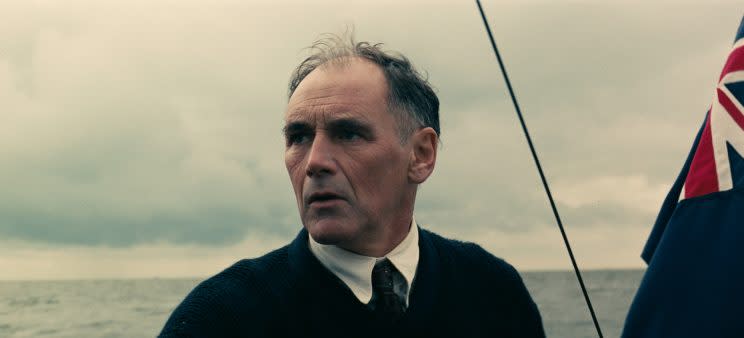
“Dunkirk” is a war film in English about the evacuation of Allied troops from the beaches of Dunkirk in France during World War II.
The film examines the evacuation from three perspectives — a group of young soldiers struggling to escape from Dunkirk itself, several pilots in the air, and a civilian rescue boat that is headed towards Dunkirk.
“Dunkirk” is written and directed by Christopher Nolan. It stars Fionn Whitehead (Tommy), Tom Glynn-Carney (Peter), Jack Lowden (Collins), Harry Styles (Alex), Aneurin Barnard (Gibson), James D’Arcy (Colonel Winnant), Barry Keoghan (George), Kenneth Branagh (Commander Bolton), Cillian Murphy (the Shivering Soldier), Mark Rylance (Mr Dawson), and Tom Hardy (Farrier), with a voice cameo by Michael Caine. It is rated PG13.
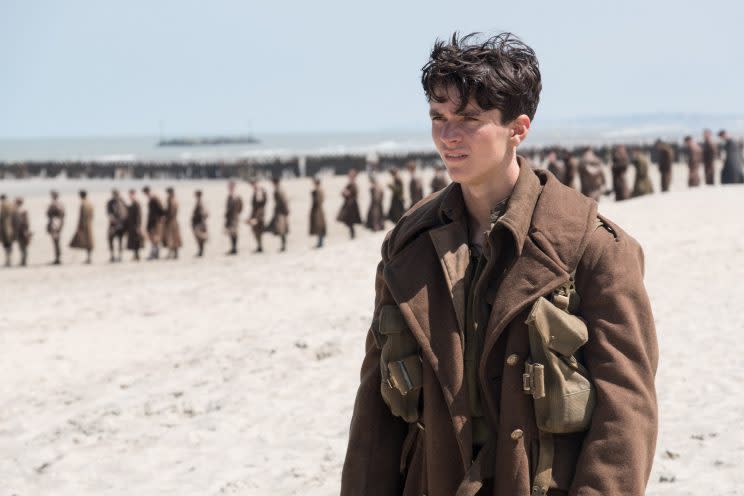
“Dunkirk” is more of a war experience than a war narrative, and it conveys the horror, tension, and atmosphere wonderfully. The storytelling can take a while to get used to, especially since the three different perspectives are seemingly unrelated at first. “Dunkirk” is ultimately more about the cinematic experience first, and the story second. So even if the story proves difficult to follow, it’s the treatment that will prove unforgettable.

Highlights
Excellent sound and atmosphere
There’s no mistaking how much the sound design contributes to the atmosphere of the film. The sheer contrast in volumes brings out the fear and confusion of the bombings from German warplanes that the soldiers have to endure, and the soundtrack generates so much tension that it’s almost unbearable to watch what happens next. “Dunkirk” is one of those rare films where the audio is just as, if not more important, than the visuals.
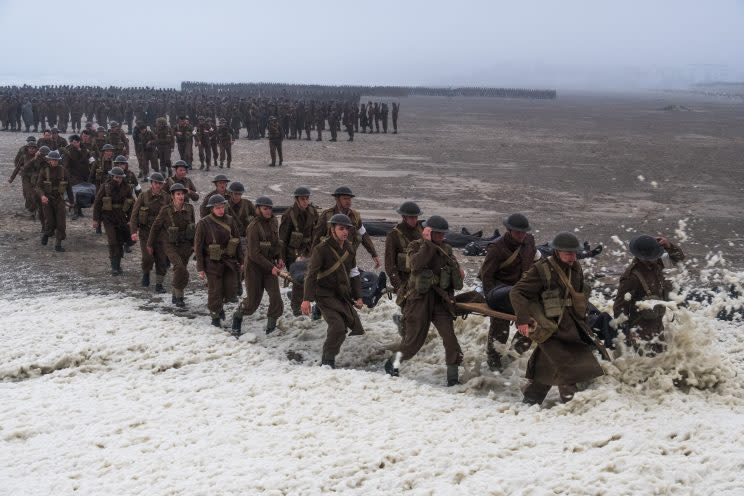
Sense of claustrophobia
Many scenes present the characters in tight spaces, and it’s not always for reasons you’d expect. This sense of claustrophobia heightens the tension in the film. Thematically, it parallels how the soldiers are trapped on the beaches on Dunkirk, with the enemy closing in, and it reminds us just how small the space can be in military vehicles.

Expertly cast
Fionn Whitehead, Aneurin Barnard, and Harry Styles are well cast as young soldiers who are forced to be in this war as a matter of circumstance, but are clearly in over their heads in this war. It’s their sense of despair, coupled with their youthful demeanour, which makes us feel both pity and outrage at the situations they find themselves in. In the end, they give in to what seems to be the inevitable flaws of human nature, but not without the great struggle and sacrifice on their parts.
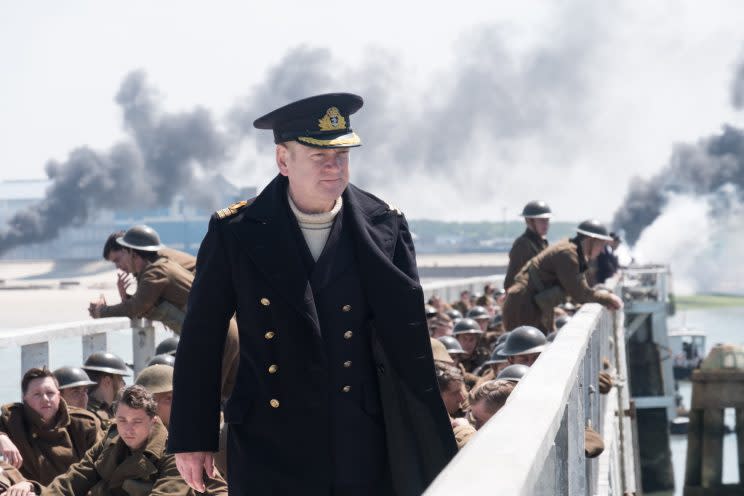
Growing sense of tension
The claustrophobia, sound, plot, and visuals give the audience an ever-present sense of dread. The film never lets up in its depiction of how precarious the situation at Dunkirk is, regardless of which perspective the story is told from. The tension builds up as an inexorable wave, and we feel just as much relief as the characters do when the film comes to a close.
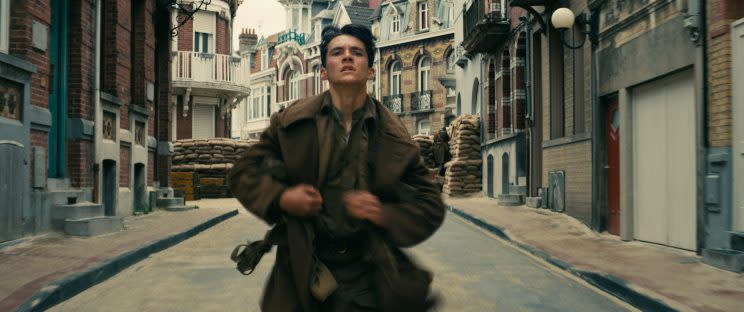
Letdowns
Unnecessary scares
While it is necessary to show the suddenness of attacks in war, the shocks feel rather excessive. Just one or two instances would be enough to convey how nervous the characters are in those situations. However, “Dunkirk” pulls this so many times that it feels like the director set out to make a horror/thriller, rather than an actual war film.
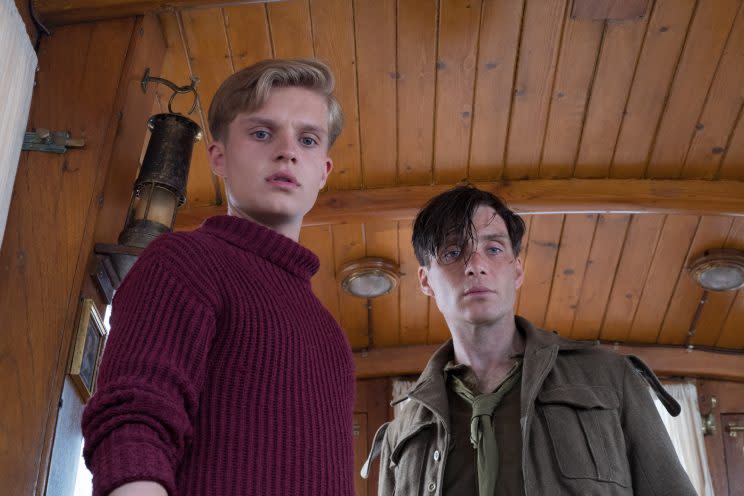
Some sea scenes look artificial
The wide shots of the ocean are magnificent, giving us breathtaking views of the ocean and the scale of the evacuation. In tighter shots though, you can’t help but feel this sense of artificiality, that it’s all shot in a water tank. It’s a combination of the shot sizes and angles that create this impression, and some of the sea scenes can be quite jarring in how they break you out of the spell of the movie.
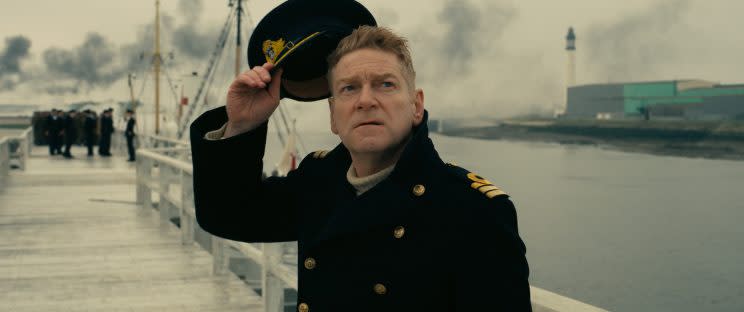
“Dunkirk” can truly be called a theatrical experience, since it allows us to live out the desperation and terror of those trapped in the titular battle. The plot is serviceable, though there’s little room for creativity given that it is based on historical events. Overall, “Dunkirk” is best enjoyed in larger cinemas that can deliver a more intense sensory experience.
“Dunkirk” opens in cinemas:
– 20 July, 2017 (Singapore)
– 20 July, 2017 (Malaysia)
– 20 July, 2017 (Philippines)
Marcus Goh is a Singapore television scriptwriter, having written for “Police & Thief”, “Incredible Tales”, “Crimewatch”, and “Point of Entry”. He’s also a Transformers enthusiast and avid pop culture scholar. You can find him on social media as Optimarcus and on his site. The views expressed are his own.
Follow Yahoo Lifestyle Singapore on Facebook.



